Faced with devastating hunger, three women in Ethiopia learn to farm nutritious sweet potatoes to feed their children. See how USAID's Office of U.S. Foreign Disaster Assistance, Food for the Hungry, and GOAL partnered with this community to change and improve their lives.
Three Ethiopian Women Farm Sweet Potatoes with One Purpose: Saving Lives
4:57
Video Transcript
(00:27-00:29) I had nothing to eat.
(00:29-00:35) Nothing to feed my children and my family.
(00:35-00:40) Enate Lombebe became the family breadwinner after her husband became ill.
(00:40-00:42) She owned land and wanted to farm it.
(00:42-00:46) but was unable to grow a single plant to feed her children.
(00:47-00:52) I couldn’t farm my land so I leased it in order to survive.
(00:53-00:58) I had to sell firewood to pay for food.
(00:58-01:08) I had a serious problem because my husband died and I had no way to take care of my family.
(01:10-01:15) Hagir Tu had no money and no way to provide for her family and feed her young son.
(01:16-01:20) When he got sick, she brought him to a clinic like this one, fearing the worst.
(01:22-01:29) My youngest child was malnourished. I was worried he might die.
(01:30-01:34) I had nothing, my children and I had nothing.
(01:34-01:39) Morshida Elamo had land, but no seeds or tools to turn it into a farm.
(01:39-01:43) She was forced to sell paper at the local market to make ends meet.
(01:44-01:51) I was struggling to survive and praying to God.
(01:53-02:00) USAID’s Office of Foreign Disaster Assitance teamed up with two organizations: Food for the Hungry, and GOAL…
(02:00-02:04) to help Enate, Hagir, and Morshida and their families.
(02:06-02:10) They were destitute. They don’t even have time to plant.
(02:10- 02:16) They don’t have the technology, they don’t have know-how of which crop to grow.
(02:21- 02:31) Food for the Hungry established a plant nursery where the women learn how to farm, water drought-resistant crops to grow, and more, like how to read and write.
(02:33-02:41) For four years now, we have been receiving an education.
(02:41-02:51) We are gaining knowledge and learning how to better our situation.
(02:51-02:59) Our illiteracy hurt us a lot. We are better now.
(03:01-03:11) USAID also worked with GOAL to introduce farmers to more nutritious crops, like a type of sweet potato rich in Vitamin A to improve the health of malnourished children.
(03:12-03:20) USAID has been playing a crucial role in saving lives and protecting the livelihoods of the communities.
(03:20-03:29) The number of children dying from malnutrition has been significantly reduced from time to time. Now it is none. Almost zero.
(03:30-03:34) My life has changed a lot.
(03:34-03:48) I bought these livestock and food to eat, and my children attended school. I have no problems now.
(03:48-04:02) This orange-fleshed sweet potato is totally new for my area, my community, and myself.
(04:02-04:13) Initially, I was not happy with how it tasted. But when I learned how to prepare it and mix it with other food, it tasted very nice.
(04:13-04:19) Now, sometimes instead of giving it to my child, I want to eat it myself!
(04:19-04:24) I’m on my wat to being better off and happy.
(04:24-04:33) With the help I received, I have produced more than 5,600 pounds of haricot beans and 132 pounds of honey.
(04:33-04:41) With these two resources, I earned money and as a result, my life has changed.
(04:43-04:48) Thank you to the people and the government of America.
juillet 26, 2016







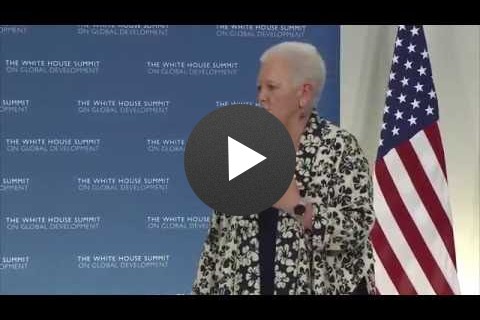
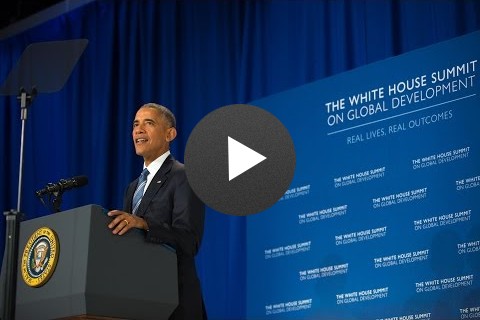
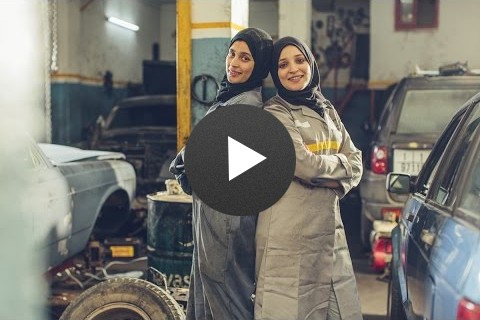
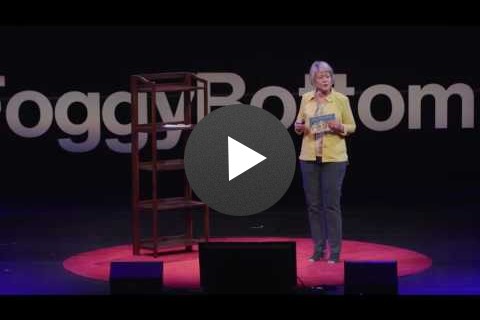
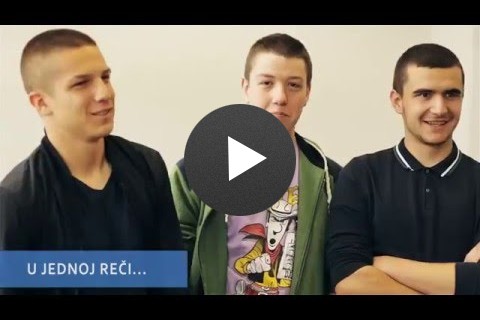
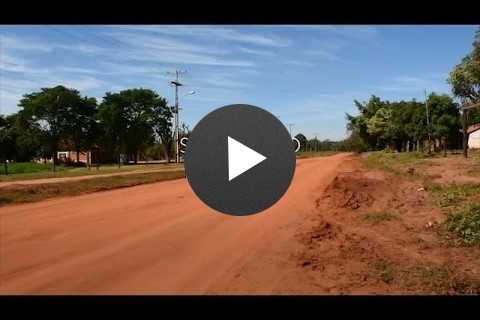
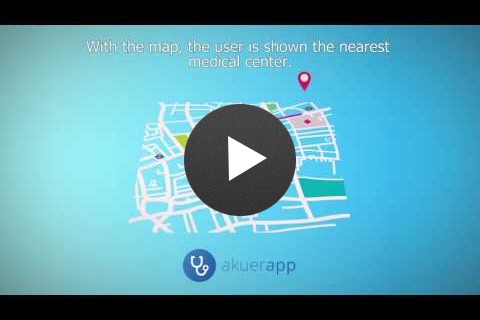

Comment
Make a general inquiry or suggest an improvement.